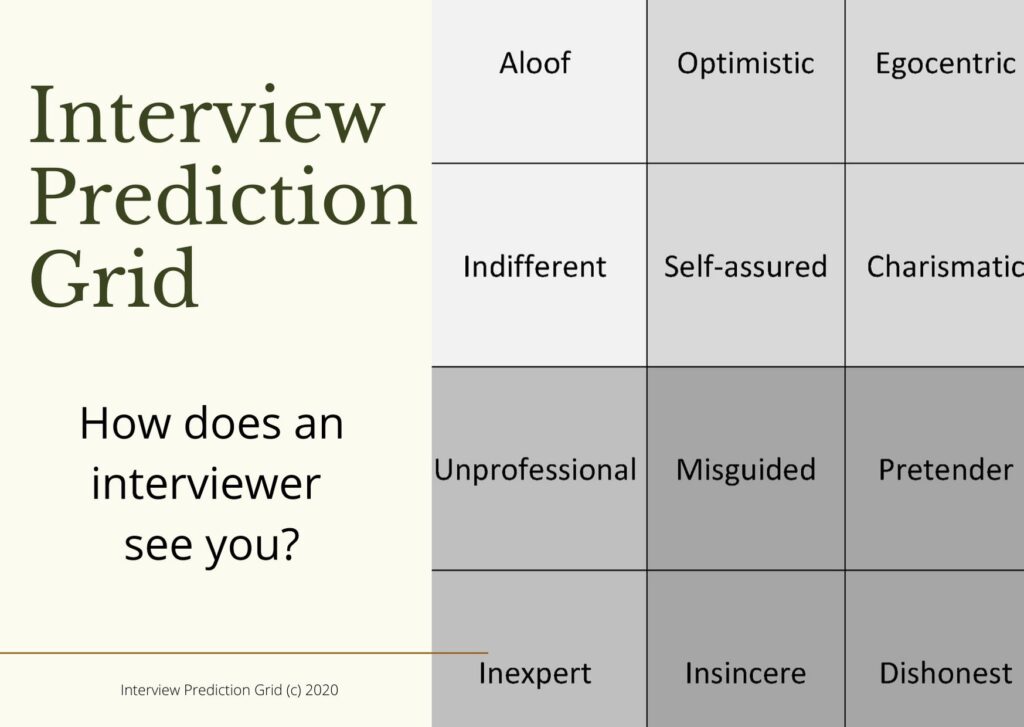A psychological barrier to a successful interview outcome is ‘projection’. When an interviewer has a strong dislike, based on a prejudice, that makes them uncomfortable – “I don’t think females should work in masculine jobs but I know I shouldn’t be thinking this” they will deflect their own emotional turmoil by projecting their emotions onto the applicant.
This reaction, which is common in all areas of life, is a self-defense mechanism. Humans are more comfortable observing negative qualities in others then confronting a negative trait that detracts from the identity they are portraying to the world.
Projecting emotions or beliefs onto others, that they themselves are struggling to come to terms with, is just easier.
But projection has a secondary implication: If the interviewer dislikes someone (because of a deep-rooted prejudice) and projects this feeling on to the candidate, they can then come to believe that the candidate themselves dislikes them, the interviewer.
Evidence shows that people like other people more if they believe that said person likes them first. If the interviewer presumes that the candidate dislikes them, there will be a decrease in rapport.
Dyadic social interaction research shows that individuals will reciprocate the behavior that is projected by another person. If, for example, an interviewer has good eye contact and smiles at the applicant, the applicant will reciprocate the behaviour.
The reaction to these nonverbal cues can alter the applicant’s level of confidence. A ‘warm’ interviewer, offering encouragement with smiles and nods of the head, will increase the interviewee’s confidence levels. In contrast, a ‘cold’ interviewer, frowning and tutting, will reduce the candidate’s confidence and self-esteem.
Applicants with low self-esteem perform as well as high self-esteem candidates when interviewed by a ‘warm’ interviewer (both interviewee types will discuss their knowledge/experience) but when interviewed by a cold interviewer, the low self-esteem applicant is more likely to withdraw.
The employer, perceiving the lack of communication as an indication of a low level of knowledge/experience, can also withdraw becoming more ‘cold.’ This ‘cold cycle’ process rarely allows the interviewee to promote their skill set, resulting in a distorted version of the applicant, as an inaccurate and unfair assessment of the candidate has been created.
As mentioned earlier highly confident interviewees, through their ability to externalise the interviewer’s behaviour, are rarely affected by a ‘cold’ interview.

Job Interview Advice








